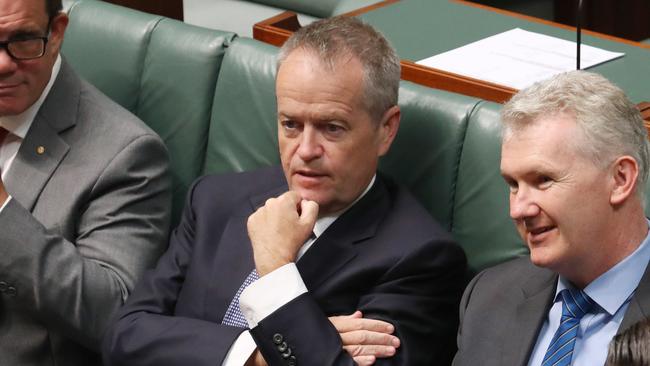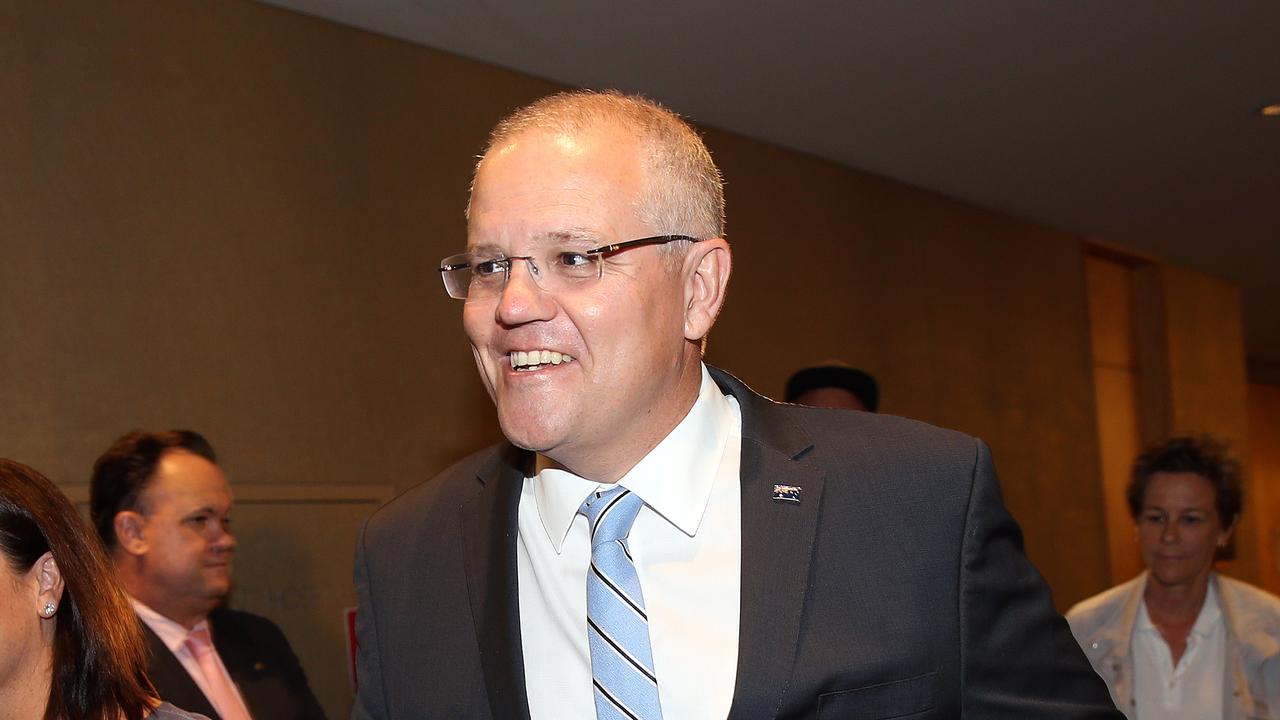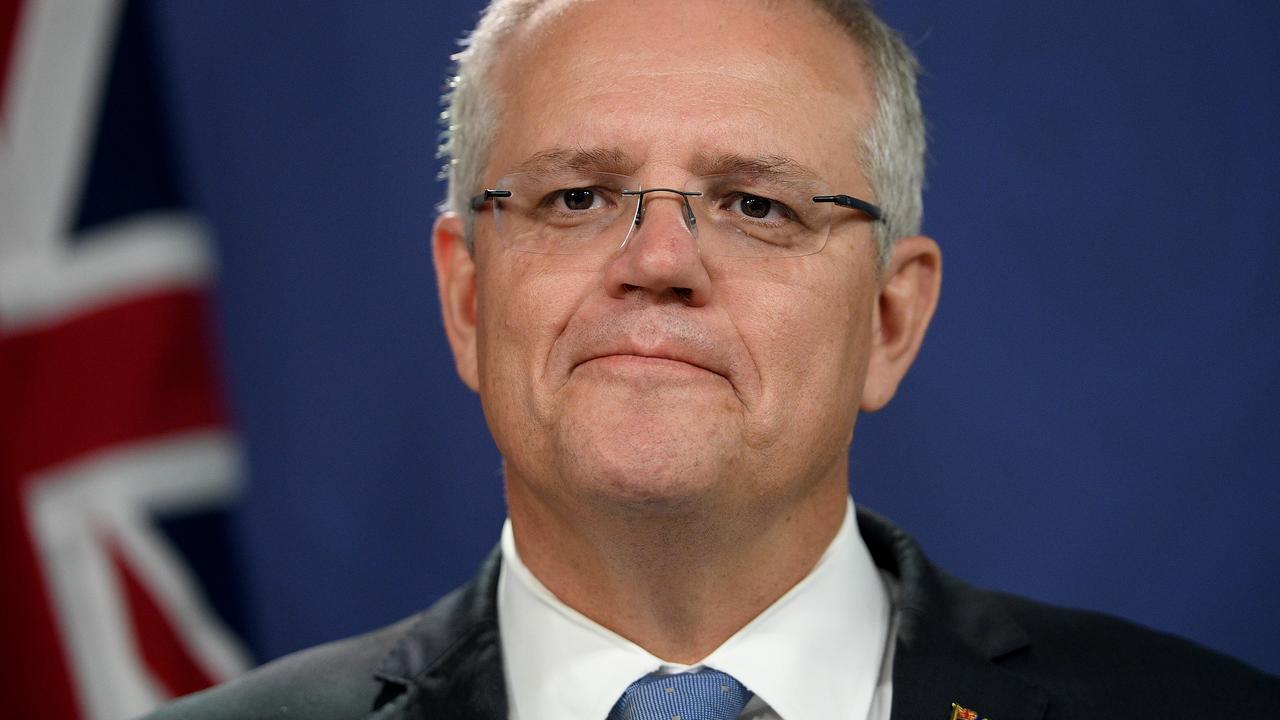
After five years of unity on leadership, Labor is dividing on policy three months from the election.
Bill Shorten’s attempts to please everyone and hide the ALP’s intractable divisions over border protection and coalmining have failed: no one is pleased and Labor is openly divided.
Trying to make compromises instead of taking tough decisions, the Opposition Leader has simultaneously upset the emotional supporters of changes to offshore processing and those demanding tough border protection, as well as the coal industry and the activists who want it shut down.
In an inept Sky television interview yesterday, Labor frontbencher Richard Marles exposed both Shorten’s tortuous and flawed policies on the medical evacuation of asylum-seekers from Nauru and refusal to back coalmining.
Marles described the reopening of Christmas Island to hold asylum-seekers as “silly” — the day after Shorten said it was “fine” — and said that a collapse of the thermal coal market would be “a good thing” — as his leader avoids either supporting or damning the proposed Adani coalmine in Queensland. What’s more, Tanya Plibersek, Shorten’s deputy, quickly deepened the divisions on both issues, leaving Shorten on the defensive for another day and ruing frontbench indiscipline.
But this is not a problem just because Marles had a bad on-air day — it’s an unleashing of long-simmering and irreconcilable Labor policy differences, which have been buried in the name of unity.
Rushes of blood to the head while drunk on parliamentary power, carving out policy territory ahead of an assumed victory, the rise of old factional divisions, union demands for down payments and irreconcilable positions are all damaging Labor’s previously slick politicking. It’s this opening of old ALP sores instead of the raw Liberal conflicts, which have removed two Liberal prime ministers, hamstrung a third and handed Labor clear electoral favouritism, that is dominating the political debate.
The bright idea of humiliating the Coalition over border protection and offshore processing didn’t just go wrong, it’s spiralling into a policy and political disaster for Labor.
After a shambolic change to border protection law from opposition, Shorten could see Labor had gone too far and was losing the political fight. With no choice but to accept the reopening of Christmas Island for treatment for evacuees from Nauru, Shorten said it was “fine”. Marles’ “silly” contradiction and Plibersek’s declaration that the reopening was “hard to understand” left Shorten open to ridicule from Scott Morrison from one side and the Greens — declaring he had no spine — from the other.
Likewise, Marles’ incorrect claims that the thermal coal market had crashed and Plibersek’s dismissal of the number of new jobs in Queensland as “exaggerated” exposed Shorten’s failure to support the Adani coalmine and Australia’s biggest export item.
And again Shorten was caught between the demands of the Labor Left and the Greens to kill off Adani and the calls for support from unions and industry for jobs.




